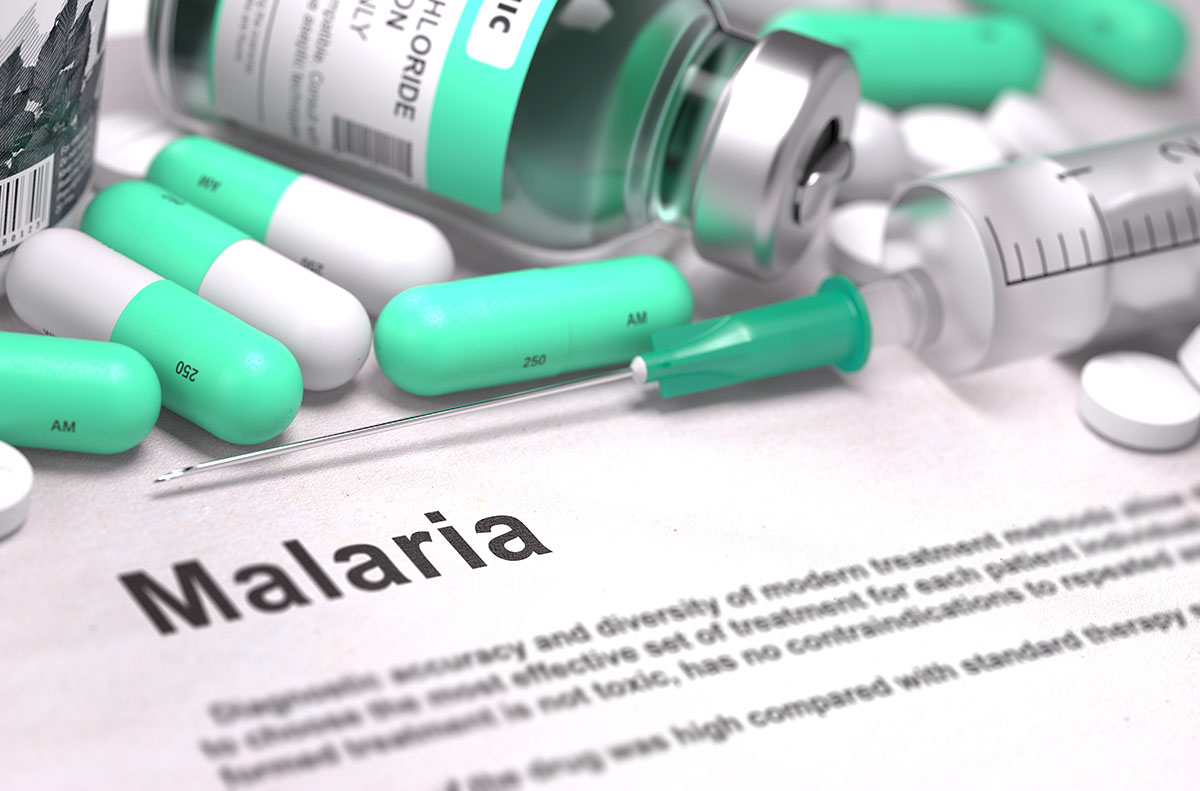There are a lot of health hazards underlying in the urban areas. There’s air, water pollution; changes in the climate, commute traffics, prolonged sitting in the office, and other factors that can subtly but surely affect one’s health.
Aside from the environmental hazards, due to the compacted areas in the city, virus and other infectious diseases are also easier to spread. An example of that infectious disease is malaria, the second biggest killer in the world.
Over one million of people die from malaria each year. It’s an infection that kills people by deteriorating the quality of the blood, therefore affecting all the internal organs of the body. Malaria prevention is difficult, and no vaccines or drugs are yet universally effective to prevent it.
But there’s good news!
Despite being deadly, malaria is still preventable and treatable. In fact, according to the World Health Organization (WHO), malaria mortality rates are falling since 2010. Aggressive prevention and control measures have also significantly reduced malaria cases by 29% globally.
Should people fear malaria?
Malaria is a fatal disease. It is a killer to over a million of people worldwide, more often than not, malaria can be easily prevented by appropriately protecting yourself. Especially to those living in malaria-prone areas, applying mosquito repellent lotion can be helpful. Sleeping with protective cloths can also protect you from getting insect bites during the night, when mosquitoes are most active. More to that, information about the disease could also help you be aware of its causes, symptoms, and behaviors.
How is it treated?
Malaria is curable, and there’s a treatment for it! The main objective of malaria treatment is to ensure a quick and complete elimination of the malaria parasite, called Plasmodium, in the patient’s blood. It is done through series of blood tests and several drug intakes to fight off the parasite.
The blood tests will also check whether malaria has completely affected the blood cells and platelets. However, the type of drugs and length of treatment depends on the type of malaria parasite you have, seriousness of symptoms, age bracket, and if you’re pregnant.
In Metro Manila, there are hospitals like ManilaMed who can help treat people infected from malaria.
With the right use of drug and treatment, malaria can be treated. People diagnosed with malaria should be aware that the infection has higher chances to continue if not treated properly–or worse, patient may undergo complications that may end up to chronic infection, or even death.
Malaria treatment is meant to help reduce spread of infection to the other parts of the human body. But the best cure for fatal disease like malaria is still prevention. Visit www.manilamed.com.ph to know more on how to prevent and cure malaria.









